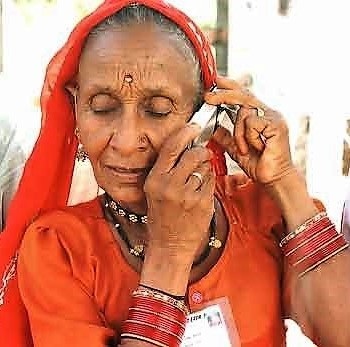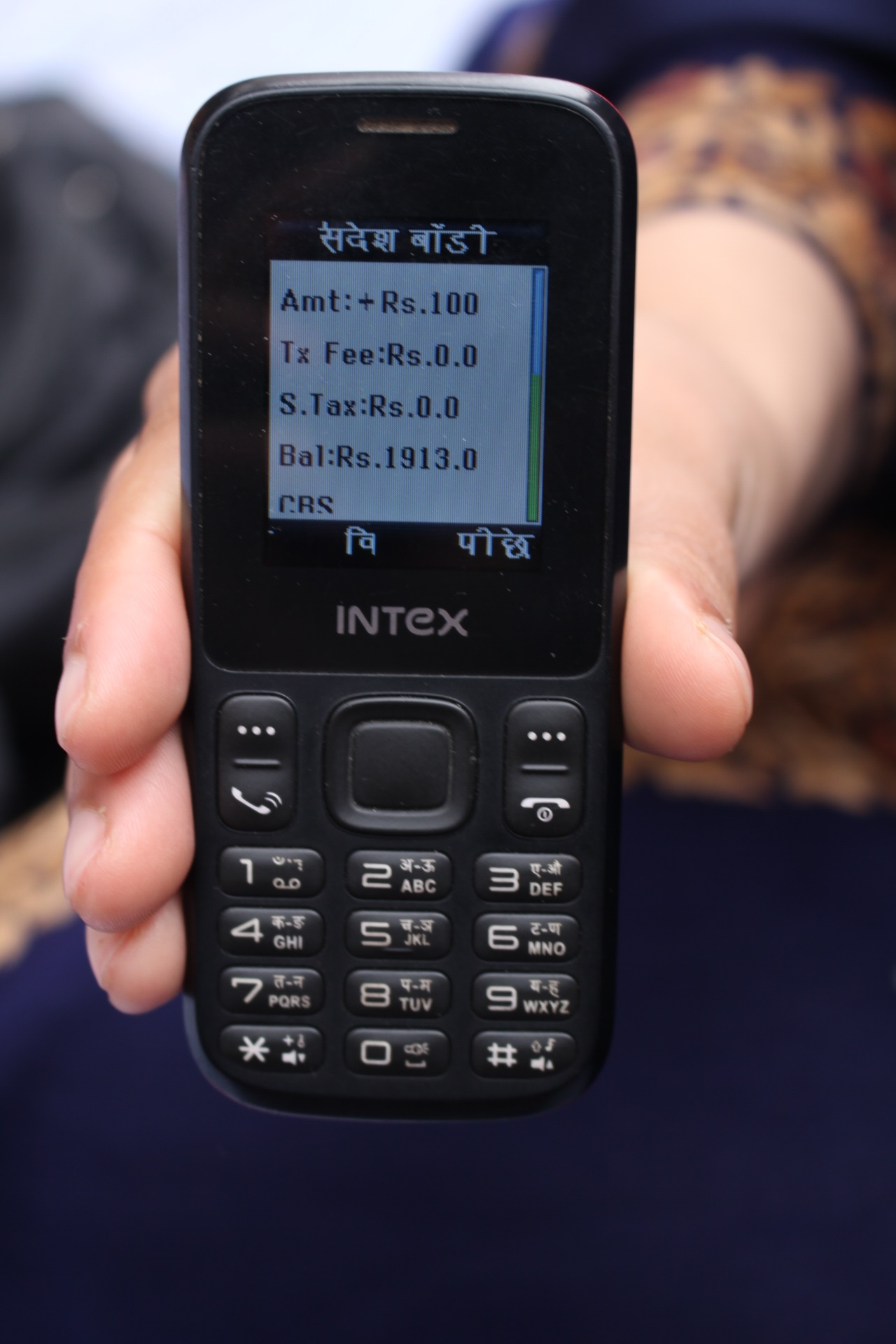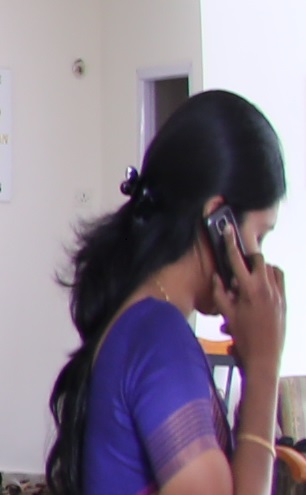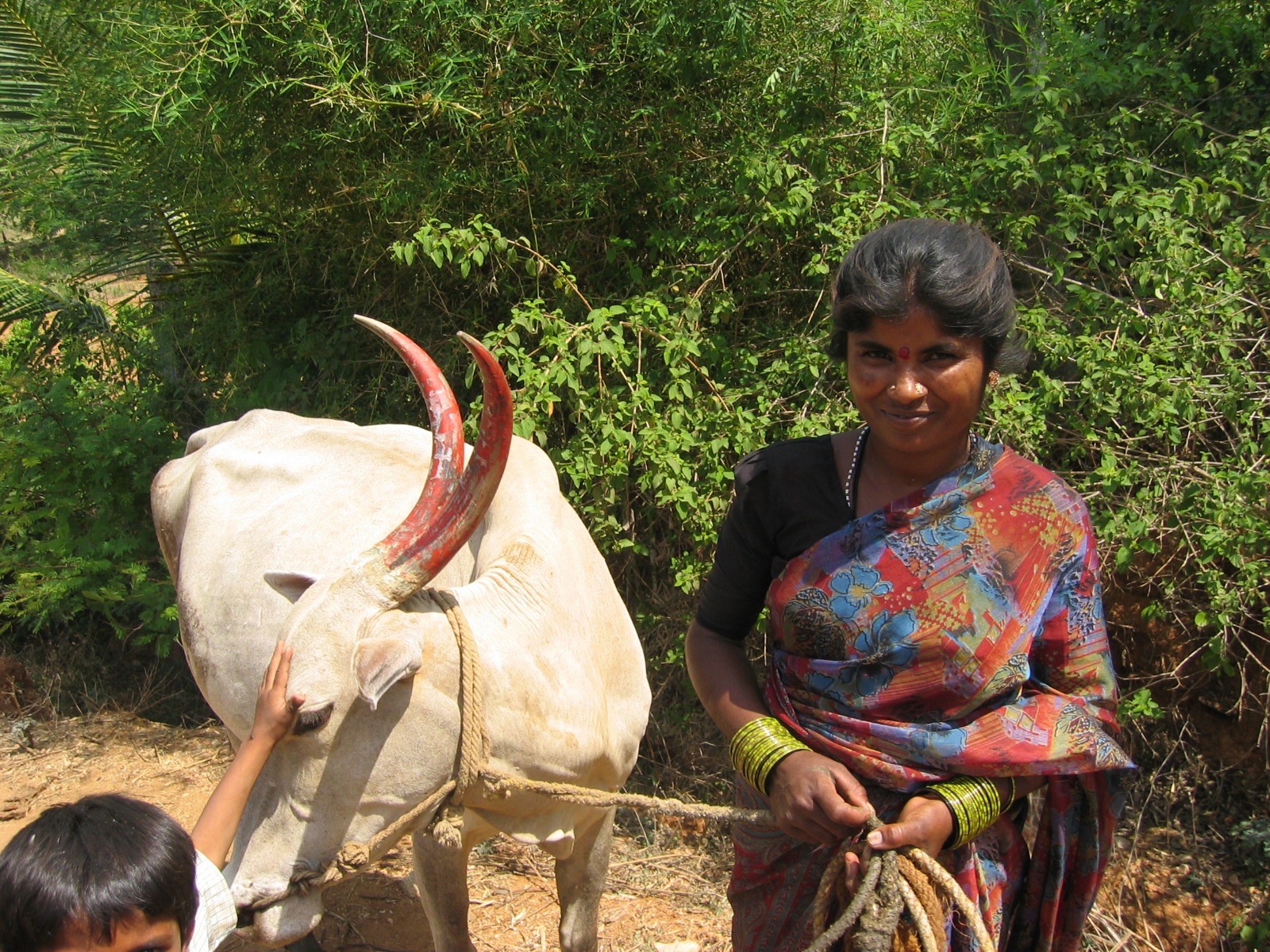Why does India have such a high rate of missed calls?
One of the changes I’ve noticed in India during the last decade is how the mobile phone has become ubiquitous. When I started working in rural North India in 2006, maybe 1 in 20 people had a phone. Now it seems almost everyone has a phone – or at least access to one - whether it belongs to a spouse, family member, neighbour or the local community.

I’m fascinated by how families use mobile phones In India. India is one of the largest markets for missed calls - people don’t answer calls so there won’t be any call costs. So, mobile phones are used for signalling, rather than talking. They are also used for text messaging and are integral to the way microentrepreneurs run their tiny businesses. Texts are very cheap in India and microentrepreneurs use text messaging to access vital information about the weather and crop prices and to contact suppliers and customers. Some women set up little telco businesses renting out their phone to others in their village or slum.

Two-thirds of Opportunity International Australia’s loan recipients have literacy challenges, so Opportunity tailors services to address their specific challenges and needs. Families are taught to recognise certain functions like ‘send’ and ‘receive’ and voice-based education systems help them learn how to use the phone.
Mobile phone services are configured in local languages and the phones accept common errors to address literacy challenges. Simple voice-based messages in the local dialect are sent on topics like money management, health education and nutrition advice. Mobile ambassadors help families become comfortable with using the services and friends and family members with more expertise teach others how to use them.

Mobile phones empower families living in poverty. The empowerment comes from the ability to do things when and where they want. When you are tethered to a bank branch, you may have to walk a long way to reach it or pay bus or motorbike fares. You are also limited in the hours in which the services are available, and you may have to give up your income for a day so that you can travel to do the financial transaction. In contrast, once a loan recipient has a mobile phone, they can choose where and when they conduct financial transactions and access vital business information services. Transport and transaction costs drop, and families have more time in their businesses.

The mobile phone is extending Opportunity’s outreach to more isolated rural areas in India and increasing the efficiency of our service delivery because of reduced infrastructure requirements. Opportunity is now introducing a digital inclusion program across Asia, so we can reach more underserved families and help them develop the skills to confidently use phones to run their businesses and make loan repayments. This will give them more control in their lives.
If you would like to support Opportunity's digital inclusion program click here.